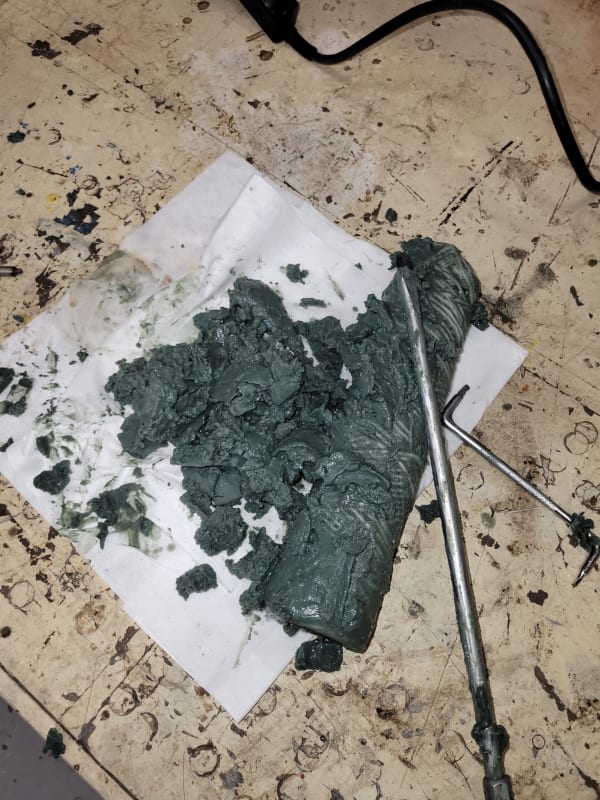Corrshield is a molybdate-based inhibitor if memory serves. It works better in systems that are not de-aerated. Nitrite inhibitors require de-aeration.
You charged the system in 2014 and didn't look at the fluid for nearly a decade? Or is inspection of the fluid part of annual maintenance? What were the results last year? Or was any testing done beyond "looks good"? Does the concentration of glycol match the readings taken during initial fill and subsequent maintenance? Any other additives used, or was it just water, glycol, corrosion inhibitor? What cleaning procedure was used before the glycol charge was put in? Was city water used as the water half of the glycol charge, or was it from premix totes diluted with distilled water? Was deionized water used?
We ship over 100 closed loop systems per year, we see glycol failures every few years. Some are newly commissioned systems that have trouble out of the gate, some run for a few months or years before trouble arises, some we see at the end of life 10-20years into service. Incompatible chemistry, leaving cleaning products in place, overtemperature events, pH imbalance, chloride intrusion, bad fill water, unchecked corrosion, incorrect maintenance procedures like topping off with incompatible fluids, or my favorite common cause "yeah we had a guy checking on that, I guess I haven't seen him in a few years..."
Flush it, recharge it, and move forward with the right fluid. Send off samples for analysis to the new vendor if you want to open that can of worms, but if no one has been watching the numbers I'm not sure what an analysis will tell you at this point other than you've got corrosion and failed glycol.


